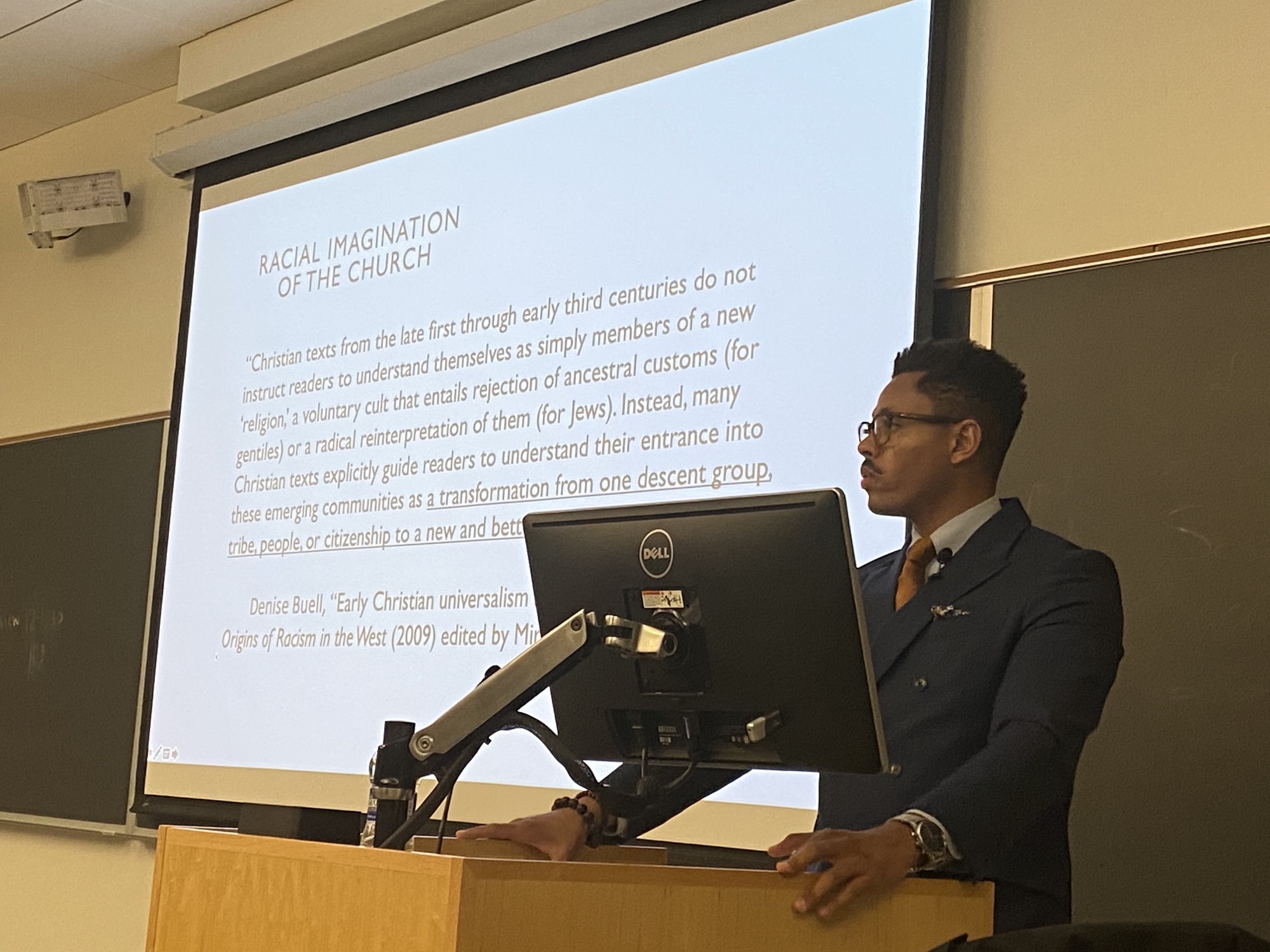Penn Medicine and the Afterlives of Slavery (PMAS) is committed to public education as well as community engagement and empowerment. We aim to share our work in an easily accessible way with Philadelphia community members and a wider general public. We will achieve this goal by
- Host publicly accessible programming (Speakers & Symposia)
- Present our research through a publicly accessible website
- Facilitate collaborations and partnerships between Penn and the public
PMAS also seeks to honestly document and acknowledge the shifting contours of Penn’s relationship with residents of West Philadelphia and the greater metropolitan Philadelphia region. It will outline the historical and structural origins of contemporary racial disparities in the city and will work with community participants to advocate for health equity.
Often excluded from institutional histories, this work will further PMAS’s mission by re-centering the contributions and experiences of people of color in the history and development of Penn Medicine. This research cannot be conducted in a vacuum. Rather it must develop in tandem with community input and support.
PMAS will explore the dermatological research methods, ethics, and continued impact of Dr. Albert Kligman. Documented in the book Acres of Skin, Kligman’s dermatological research exposed vulnerable participants, including incarcerated people at Holmesburg Prison, to a variety of dangerous substances. Today Kligman’s legacy continues to be celebrated by the University of Pennsylvania. Utilizing community focus groups and oral history methods, PMAS seeks to honestly acknowledge and begin to repair these negative impacts with community support and engagement.
Additionally, PMAS aims to catalyze the reparative process for members of both the Penn community and the Philadelphia community.
The findings of this research will be made publicly available on this website.
Our work @Penn
- Adewole S. Adamson, MD, MPP; Jules B. Lipoff, MD, "Reconsidering Named Honorifics in Medicine—the Troubling Legacy of Dermatologist Albert Kligman," JAMA Dermatology Published online November 25, 2020
- American Academy of Dermatology Association Response on the Legacy of Dr. Albert Kligman "Statement from AAD on ethical medical testing"
- Penn Medicine’s Commitment to Health Equity featured at the 2019 APHA Meeting in Philadelphia

